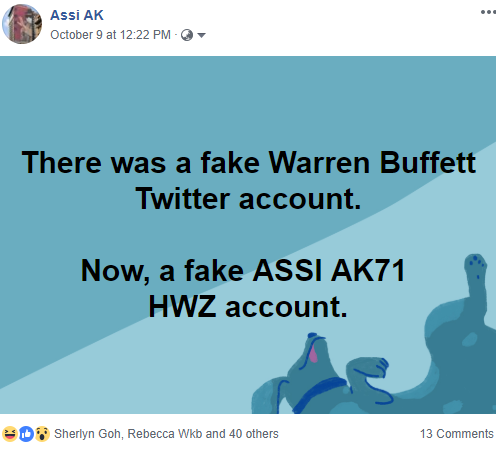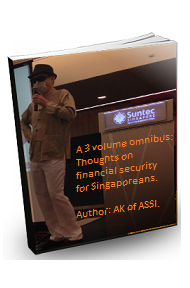Reader:
Back then we did not read nor have knowledge about financial planning.
Our resale flat is actually quite old. I think is 40 years old this year...
And since we didn't have proper financial planning, we exhausted our entire CPF to pay for the flat.
So, our CPF is 0 now.
We also took a loan of 25 years...
AK:
How do you start doing better in your finances? That is a very broad question. It is very difficult for me to answer with specifics.
Here are a few blogs you might want to read:
1. http://singaporeanstocksinvestor.blogspot.sg/2014/03/graduating-soon-take-steps-towards.html
2. http://singaporeanstocksinvestor.blogspot.sg/2015/05/how-much-should-we-have-in-our.html
3. http://singaporeanstocksinvestor.blogspot.sg/2017/04/hdb-flat-is-37-years-old-and-son-is.html
4. http://singaporeanstocksinvestor.blogspot.sg/2017/07/buying-properties-with-short-remaining.html
There are many other relevant links in my blog.
Go to the right sidebar of my blog and read those suggested especially those listed under "WEALTH CREATION".
-----------------------------
If we to learn from mistakes, we will avoid them and make better decisions in future.
Don't beat ourselves up.
This reader has the right attitude. Gambatte!



















